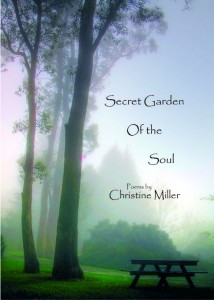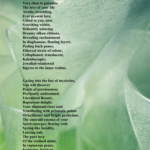Christopher Reid’s Costa Book Awards winning collection of poems arrived today –
The surprise winner of the important £30,000 literary prize, and only the fourth poet to achieve the accolade, Reid joins the ranks of Ted Hughes, Douglas Dunn and Seamus Heaney. The choice was supported by ‘a substantial majority’ of the judges, according to novelist Josephine Hart, chair of the judging panel. It seems a fitting further tribute to Christopher Reid’s stunningly beautiful tribute to his wife Lucinda Gane, who died in October 2005.
Christopher Reid has described this poetry as his way of surviving Lucinda’s final illness and his widower-hood. When I read a couple of extracts their intensity and emotion, delivered in a sparely evocative fashion, brought me to tears. You can see them here: Scribd. I found ‘Late’ especially powerful.
It’s a real joy that poetry triumphed – hopefully indicative of the more general recognition which is starting to build of the power of poems to eloquently express our inner and outer worlds.
I notice there is also a poetry event taking place in London this weekend at Central Hall Westminster, in support of Haiti, organised by Poet Laureate Carol Ann Duffy and Poetry Live – details here.
http://www.poetryliveforhaiti.org/
A a rare treat for the soul for £10 and all for a good cause. See you there?





